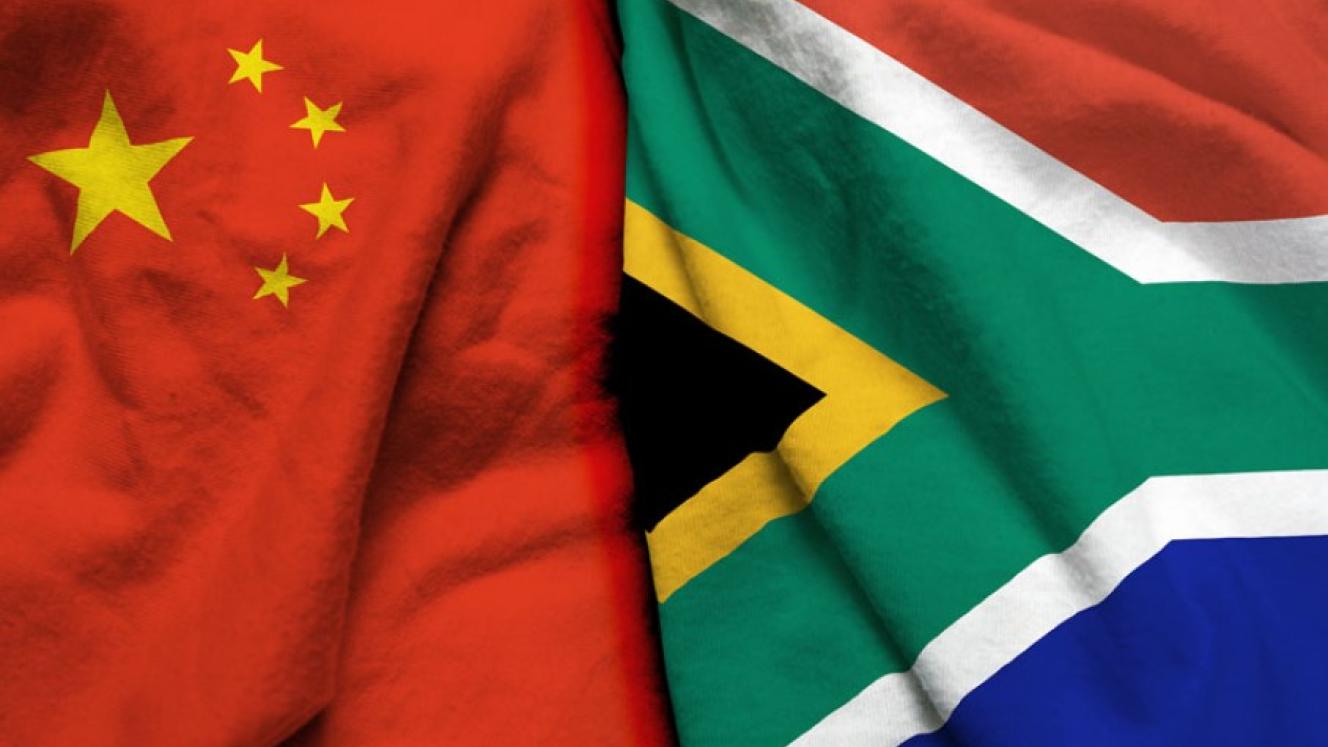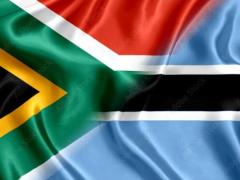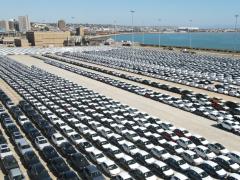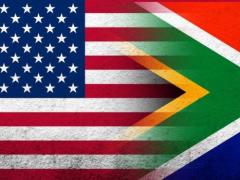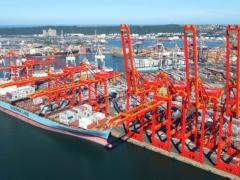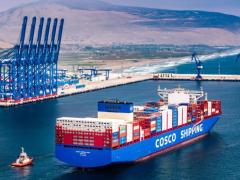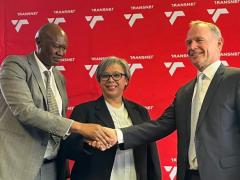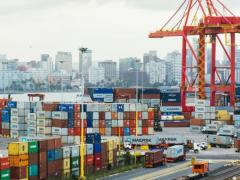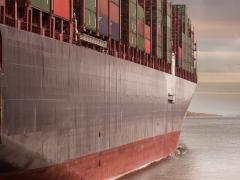South Africa’s Minister of Trade, Industry and Competition, Parks Tau, has provided insights into international trade negotiations on Sunday, emphasising multilateral cooperation and Africa’s emerging strategic role.
Speaking at the Group of 20 (G20) Leaders’ Summit, Tau highlighted the main theme of the summit, 'Solidarity, Equality and Sustainability', which focused on overcoming diplomatic challenges, particularly regarding trade policies and the absence of the United States.
The leaders adopted the G20 Johannesburg Leaders’ Declaration on the climate crisis and other global challenges at the start of the summit on Saturday, breaking with tradition.
After weeks of challenging discussions and without the involvement of the United States, South Africa managed to achieve consensus on its own terms.
The G20 Declaration commits major economies to tackling global inequality, reforming international financial systems to ease debt pressures on developing countries, and boosting inclusive growth, with a strong focus on Africa and the Global South.
It also emphasises climate action, renewable energy transitions, and strengthened multilateral cooperation to advance peace, sustainability and development worldwide.
Tau also highlighted Chinese Premier Li Qiang’s announcement regarding China’s commitment to collaborating with South Africa on multilateral trade and a zero-tariff initiative.
During a meeting with President Cyril Ramaphosa on Friday, before the G20 Leaders’ Summit, Qiang expressed Beijing’s readiness to partner with Pretoria in protecting the multilateral trading system and advancing the prompt implementation of a zero-tariff policy for South African products.
“We welcome China’s introduction of a zero-tariff regime. In practice, this is applied immediately for developed countries. For developing countries, China has indicated that implementation will align with the World Trade Organization’s Most Favoured Nation principle. We are actively engaging with them on this basis,” Tau said.
He added that South Africa would engage with stakeholders, including labour, civil society and business.
“So, it’s going through the processes, and we anticipate that we’ll be able to reach an agreement with China.”
The United States’ non-attendance emerged as a significant discussion point.
Tau said the G20 outcomes had been significant as they addressed global trade issues, the World Trade Organization, a rules-based system, financing for development, and debt.
“All those issues are important for the entire world, and it is quite unfortunate that their voice was not coming across in these meetings.”
Tau said trade discussions were ongoing, noting that the government had "compartmentalised these issues" and continued to engage with the United States government.
He believes that the most compelling takeaway was Africa’s increasingly prominent role in global trade discussions.
Tau said the focus now was on implementation and ensuring that the outcomes of the G20 found expression in bilateral agreements and multilateral platforms.
“The President has established two advisory panels to ensure that we can effectively track progress. Our discussions focus on using these mechanisms to follow up on the priorities we have placed on the agenda. The Africa agenda is now firmly on the table, and we are looking at concrete mechanisms for implementation, while also monitoring progress driven by other countries,” he said. – SAnews.gov.za
